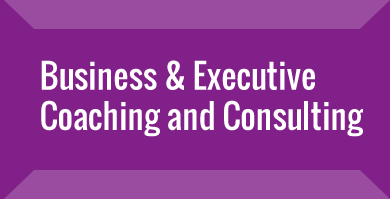Have you noticed that many people can’t remember what was said, interrupt others regularly, rarely ask genuine questions and generally have poor listening skills? Has attentive and respectful listening gone out of style since the advent of TV, computer technology, mobile phones, texting and video games? I wonder if people were more “auditory,” from a listening standpoint, when distractions were fewer, people engaged in more mealtime conversations and radio was a bigger source of news and entertainment.
Worldwide statistics show that 78% of the population least prefers to listen as a primary way to receive sensory information; these people prefer to take in information visually and kinesthetically. Why do people who least prefer to listen select talking as their preferred way to express themselves? Practical neuroscience and common sense reveal possible reasons and provide pathways to improve listening competencies.
Reasons Why People Talk More and Listen Less
- Lack of awareness: Most people are unaware of how their poor listening skills negatively impact rapport, harmony and understanding others. Interrupting, “tuning out” others and raising one's voice to get attention serve no useful purpose; hurt feelings often occur and important information is lost. As a practical matter, meager listening takes a steep toll on valuable time that could be used for other things. At worst, important relationships can be put in jeopardy and may crash. These factors are why people benefit from being informed of how their brains are wired to receive and process information.
- Busy Schedules: During an executive coaching session, I asked a person about his listening competency. His reply was, “it’s poor and I don’t care because I don’t have time to listen.” He went on to say, “I prefer to receive information by email, text and brief discussions when walking with a colleague to a meeting or during mealtime.” I asked him what impact his tactics would have on his morale and productivity if he walked in the shoes of his direct reports andHe then asked how he could be a better listener; the Hot Tips (below) summarise w hat I suggest will improve his and your listening skills. Within a week of using these new “high road” listening tactics, this busy executive received positive feedback from three people saying they enjoyed working with him and it seemed like he was different person.
- Maintaining Control: As long as you are talking, you don’t have to listen, answer questions or respond to other people. A higher form of talking is;
-
- using language understandable to others,
- stating the purpose of the communication and
- asking questions to confirm their understanding.
Listening requires attention, focus, personal involvement and feedback. Attentive and respectful listening sends a strong message that you care about the other person; talking, alone, may introduce an element of doubt about your intention and integrity.
Hot Tips for Being a Better Listener
- Ask for the purpose and desired outcomes of the conversation.
- Respectfully, set a time period for the discussion, if time is an issue.
- Do not interrupt and impose your opinion.
- Ask questions to gain clarity and understanding.
- Listen for congruency of tone-of-voice and body language with what’s being said.
- Paraphrase what you hear.
Based on statistics and my experience, most people should talk less and communicate more visually and kinesthetically.
In conclusion, improved listening skills pay big dividends of relationship rapport, mutual respect, understanding others and making effective use of available time. As a leader, if you want people to respond to your message….listen more.



























